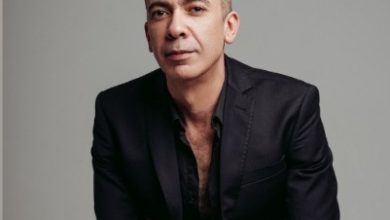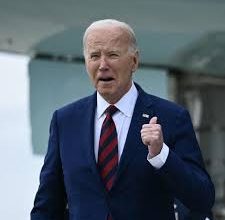Clashes rock Jerusalem’s Al-Aqsa mosque compound

Jerusalem – Muslims clashed with Israeli police at Jerusalem’s flashpoint Al-Aqsa mosque compound Sunday hours before the start of the Jewish New Year, the latest violence over access to the site sacred to both faiths.
The clashes came with tensions running high after Israeli Defence Minister Moshe Yaalon last week outlawed two Muslim groups that confront Jewish visitors to the compound.
Palestinian president Mahmud Abbas condemned what he called an Israeli police “attack” at the site, while Israeli Public Security Minister Gilad Erdan said Muslim rioters had turned the complex into a “battlefield.”
Muslim witnesses said police entered the mosque, Islam’s third-holiest site, and caused damage. Police only said they closed the doors to the mosque to lock in rioters throwing stones, fireworks and other objects.
Authorities have used the same tactic in the past in a bid to restore calm and which has seen them briefly enter.
According to police, the rioters had barricaded themselves in the mosque overnight with the aim of disrupting visits by Jews to the site ahead of the start of New Year celebrations on Sunday evening.

Authorities said they decided to raid the compound at around 6:45 am (0345 GMT) to ensure visits to the site could go on as usual. Protesters then retreated inside the mosque and targeted police from there, according to the statement.
“Masked protesters who were inside the mosque threw stones and fireworks at police,” it said. “Suspect pipes that could be filled with homemade explosives were also found at the entry to the mosque.”
Protesters have previously used such pipes to direct the trajectory of fireworks.
A Muslim witness accused police of entering the mosque much further than would have been needed to close the doors and of causing damage, saying prayer mats were partially burned.
Police said calm later returned to the mosque complex, though clashes continued outside in the narrow alleyways of Jerusalem’s Old City, with authorities firing tear gas and stun grenades.
The Palestinian Red Crescent said 20 people required hospital treatment.
“The police went inside and we are prevented from entering,” Khadijeh Khweis, who said she is a member of one of the two Muslim groups banned last week, told AFP amid the protests in the Old City.
“They are chasing us with (stun) grenades and it’s been like that since the morning. We could only pray in front of the doors (leading to the complex).”
An AFP journalist saw a number of people being detained and heavy police deployments in the Old City. Several news photographers, including one from AFP, were kicked and hit by Israeli police seeking to push back crowds.
– Site of frequent clashes – Abbas said sites such as Al-Aqsa constituted a “red line,” adding that “we will not allow attacks against our holy places.”
“The presidency strongly condemns the attack by the occupier’s military and police against the Al-Aqsa mosque and the aggression against the faithful who were there,” a statement from his office said.
Erdan, the Israeli minister, said “these serious incidents must lead us to reflect on the existing arrangements” at the compound, venerated by Jews as the Temple Mount.
“It is unthinkable that Muslim rioters transform this holy place into a battlefield,” he said. “We will ensure that the status quo is preserved.”
Non-Muslims are allowed to visit the compound, but Jews are forbidden from praying or displaying national symbols for fear of triggering tensions with Muslim worshippers.
Muslims fear Israel will seek to change rules governing the site, with far-right Jewish groups pushing for more access and even efforts by fringe organisations to erect a new temple.

The defence minister’s move last week banned the Murabitat and Murabitun groups, which his office said were “a main factor in creating the tension and violence” at the mosque compound.
Israel seized east Jerusalem, where Al-Aqsa is located, in the Six Day War of 1967 and later annexed it in a move never recognised by the international community.
The mosque compound is the site of frequent clashes.
In late July, Israeli police entered Al-Aqsa as they clashed with Muslims angered by Jews’ access to the compound on an annual day of Jewish mourning.
The July incident marked the first time Israeli security forces had entered the mosque since November, when clashes with worshippers also erupted.




